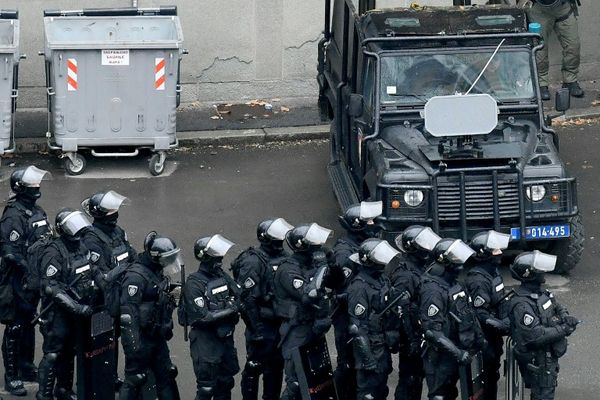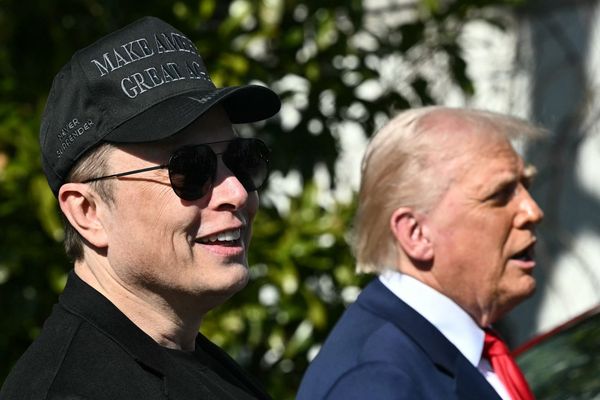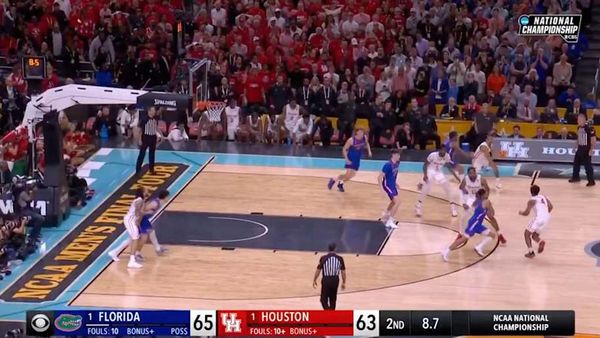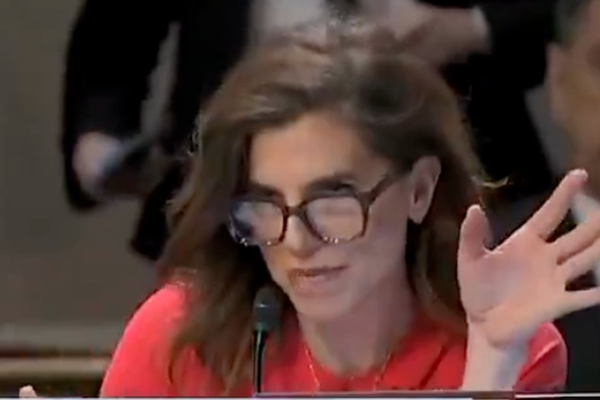It was a judgment that has rankled for years. The artificial distinction that the Supreme Court of India made over 25 years ago between ‘bribe-givers’ and ‘bribe-takers’ in the infamous JMM bribery case left many aghast that those who paid crores of rupees to MPs for voting in favour of the P.V. Narasimha Rao government in a no-confidence motion were to be prosecuted for corruption, but those who took the money were immune from prosecution. The reason was that those who had voted for money enjoyed the constitutional privilege of not being subject to any legal consequence for “anything said or any vote given in Parliament”. There was one exception among the alleged bribe-takers: Ajit Singh, who was accused of taking a payoff, was to be prosecuted because he was absent during the voting, and was thus stripped of the protection enjoyed by those who actually voted in terms of the bribery agreement. The Court has corrected this anomaly in the law related to parliamentary privileges by holding that there can be no immunity for a Member of Parliament or a State legislature against a bribery charge in connection with a vote or speech in the legislature. In overruling the majority verdict in P.V. Narasimha Rao vs State (CBI/SPE) (1998), a seven-member Constitution Bench has foregrounded probity as the main aspect of parliamentary functioning.
The Court has made it clear that parliamentary privilege, enshrined in Article 105 (for MPs) and Article 194 (for State legislators) is aimed at protecting the freedom of speech and independence of the legislators in their functioning in the House and cannot extend to bribery, as it is not essential to the casting of the vote or in deciding how to cast it. A key rationale that weighed with the Constitution Bench in 1998 was that parliamentary privilege was essential to protecting members from persecution for anything said or any vote in the House. The majority feared that limiting this privilege might have serious consequences and felt that public indignation over the conduct of some MPs accepting a bribe should not lead to the court construing the Constitution so narrowly that it removes the guarantee for effective parliamentary participation and debate. However, the seven-member Bench has concluded that the potential for such misuse is neither enhanced nor diminished by recognising the court’s jurisdiction to prosecute a member for bribery. The Bench has also held that voting in a Rajya Sabha election, being part of a legislator’s function, is protected under Article 194 of the Constitution as a privilege. It requires utmost protection for a member to vote freely and without fear of legal persecution. Overall, the verdict meets public expectation that the members they elect do not act under monetary inducement.







